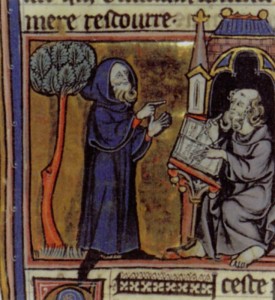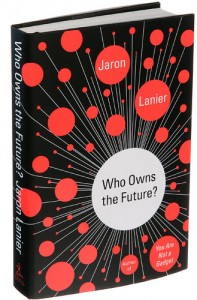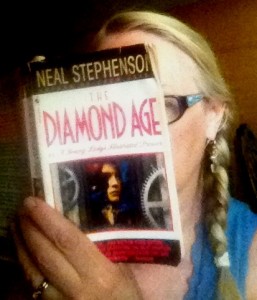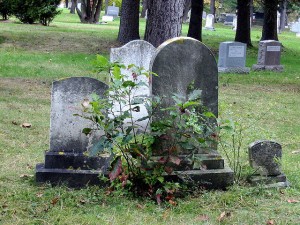The idea of participation (expressing our own opinions and sharing our perspectives) is highly regarded in global digital culture. For the past decade, I have felt uneasy about this “over sharing” of personal life and the blurry line that now exists for most of us– the line between our personal and professional lives. This blog is full of reflection on that personal/professional journey, a journey from the traditional role of a librarian in a “physical world” to an information literacy professional in a virtual world (where we all now live whether we have avatars or not).
Social Media compels you to JOIN and SHARE
It is no secret that I really “dislike” Facebook. (Note: these views are my own and not the views of my employer which is stated in the fine print of this blog somewhere.) The disadvantages have always outweighed the advantages for me. Yet, as webmaster/social media person for my school, I am required to maintain the social media sites currently used: both Facebook and Twitter as well as the school website, apps, and many accounts currently popular. All information professionals surely understand that social media in networked culture must be utilized today because user-generated content and content curation through social media are the main channels of communication. We all realize that the traditional hierarchy of information has toppled.
The additional responsibility of social media person has been a fascinating, perhaps unsettling experience. I used the word “uneasy” earlier to express this feeling. This week, while reading Dave Eggers novel The Circle, that uneasy feeling was expressed through a frightening vision of a future where personal privacy no longer exists and networked community (sharing is caring) becomes more important than anything else.
Consider your ONLINE IDENTITY
My professional journey required me to create an online identity. The role of the “physical librarian in a physical room of physical books” is over. I saw it coming a decade ago and I moved on ahead. I consider myself a virtual pioneer and I realize I have created digital footprints. Now, my students and my grandchild (just a baby) also have digital footprints because they have been born into global participatory digital culture.
This transition from physical to digital culture happened very quickly. Most people have not considered the consequences. I recently had a conversation about social media and mentioned some of my concerns with Facebook. My colleague said, “I just don’t take it that seriously.” For those who consider social networks simply a fun, light-hearted experience, The Circle may be interpreted as complete fantasy. For those mandated to use social media for professional reasons, the book is downright scary.
The Circle (a novel by Dave Eggars)
The Circle is a thought provoking novel set in a dystopian future where social media has crossed the line. The word that stood out to me in Eggars novel, is transparency. I chose to be transparent online (never anonymous) because I use the Internet as an information professional. My personal life has nothing to do with what I post online. Yet, as an information professional using online communication tools, I saw myself in The Circle.
What do we do when we wake up each day? We check our smart phones for “zings” and tweets and posts and messages and emails and follows and links and scoops and updates and on and on. The media constantly tells us “your input is important”. “We want to hear from you!” We want your zings, your smiles, your frowns.
My heart tells me to unplug. I value individual privacy. Yet, I live in global participatory digital culture as an information professional. My students and my own grandchild are plugged in.
I shall persevere.



